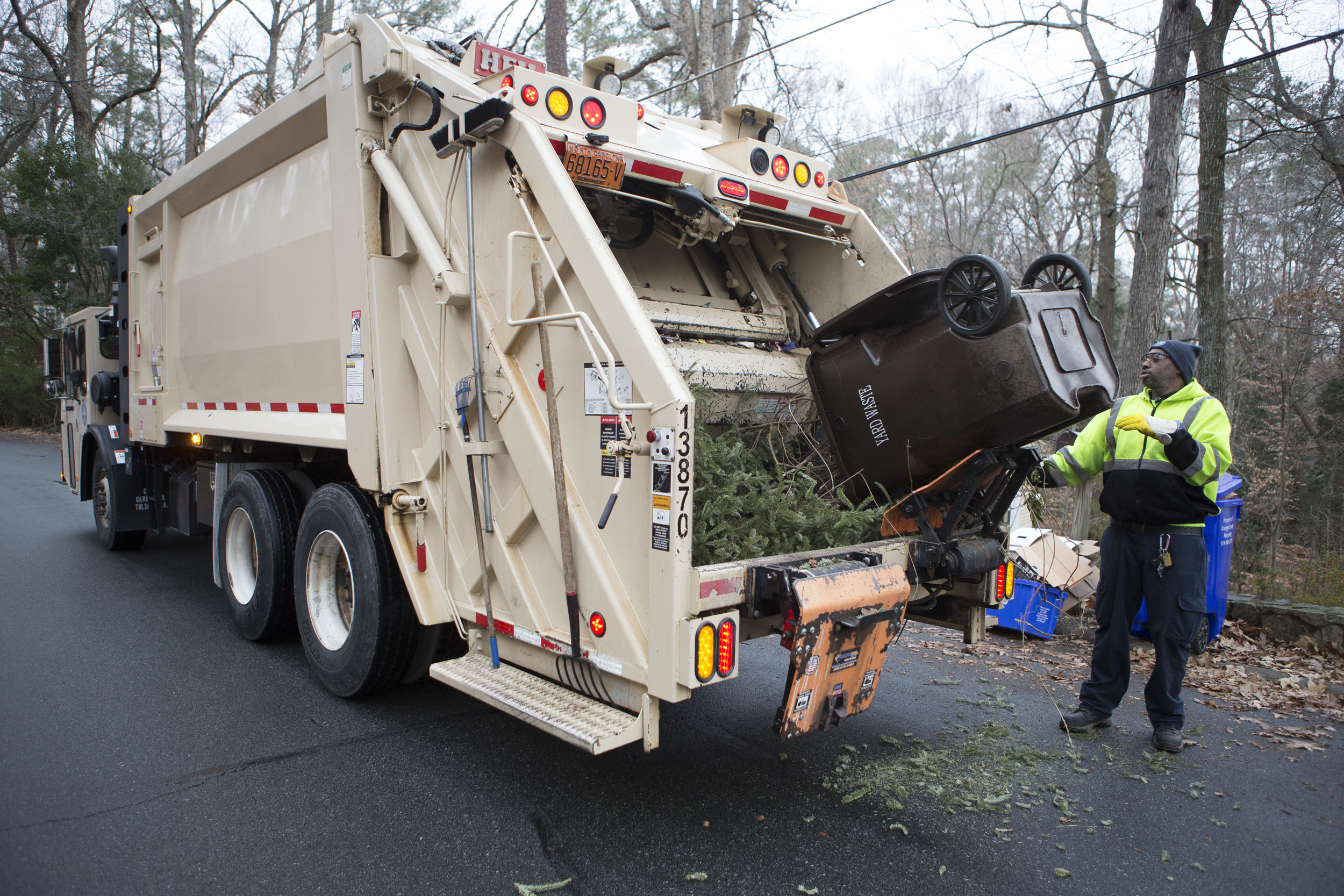After 780 days of being active, the state of emergency in Orange County enacted due to COVID-19 is officially going to expire.
The county government shared on Saturday that because of steady data trends and lessened strain on health care systems, local leadership will allow the order to expire at 5 p.m. on Sunday. This fits with the timeline announced by Orange County in March, which established the date of May 1 during the state of emergency’s latest update — but left the option to extend it further available for county officials.
The order, which allowed local governments to organize a virus response, receive federal COVID-19 relief and move meetings to virtual settings, was initially declared on March 13, 2020. It came just more than one week after North Carolina recorded its first case of the coronavirus, which spread rapidly across the state over the next two years. Extended more than a dozen times and modified several times to reflect mask requirements and recommendations to stay at home, the declaration is the longest state of emergency in Orange County’s history.
The order’s expiration means that face masks will no longer be required in some indoor settings — a holdover from when the widespread mandate was lifted in March — including public transportation. Meetings of elected officials will also now be largely held in-person again, although some of the local governments already transitioned back to the method in recent weeks.
In Saturday’s release, Orange County Health Director Quintana Stewart suggested people still be conscious of wearing masks in crowded areas to mitigate COVID-19’s ongoing spread.
“Wearing a mask is most beneficial in crowded or poorly ventilated locations,” Stewart said. “Wearing a well-fitted mask over the nose and mouth in indoor travel or public transportation settings protects the individual wearing the mask and those around them, including those who are immunocompromised, unvaccinated or not yet vaccine-eligible. This helps to keep travel and public transportation safer for everyone.”
When speaking with 97.9 The Hill in early April, Stewart said she believes it will be important for the Orange County community to be aware of the virus’ presence and threat to those who are not immunized or vaccinated.
Still, she said she was optimistic about how despite COVID-19 cases continuing to pop up, the dominant variants of the virus were not causing elevated hospitalizations.
“We still have COVID cases in our community,” said Stewart. “However, what we are seeing is [that] disease severity is not as bad. We’re not seeing as bad of an impact on the hospital system. Here in Orange County, we’re not seeing a huge number of deaths like we once saw during the pandemic. So, I feel like we have figured some things out.”
The North Carolina Department of Heath and Human Services reported its latest update of COVID-19 data on Wednesday. With the BA.2 variant now almost exclusively the strain reported in new cases, the state also is seeing an uptick of virus particles found in wastewater — a newer data point meant to forecast potential spread. The state health department still recommends people wear masks in high-risk settings, like health care facilities, correctional facilities and homeless shelters.
There is still one state of emergency declaration in effect: the statewide order. Gov. Roy Cooper declared it in March 2020, but recently extended its span by signing an executive order in early April. Cooper said at the time the measure, which specifically aimed to help health care workers maintain resources for treating COVID-19 patients, was necessary to keep a “sustained decline” of new cases.
Chapelboro.com does not charge subscription fees, and you can directly support our efforts in local journalism here. Want more of what you see on Chapelboro? Let us bring free local news and community information to you by signing up for our biweekly newsletter.










